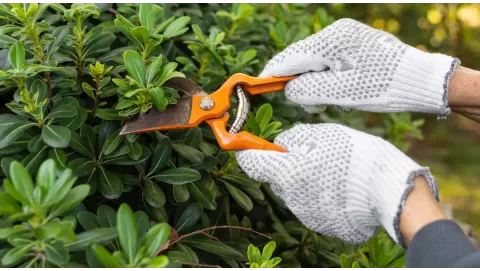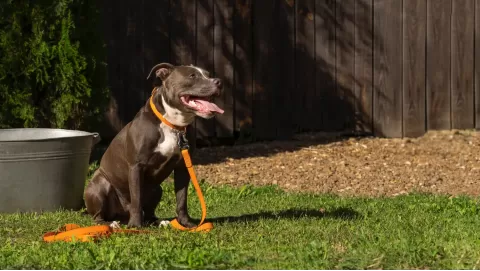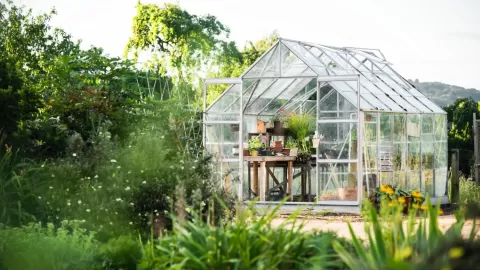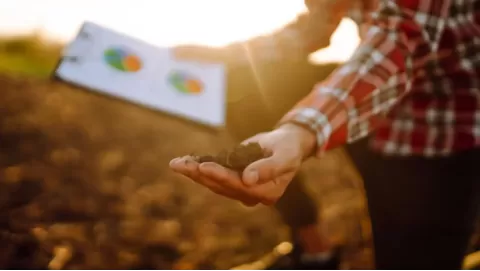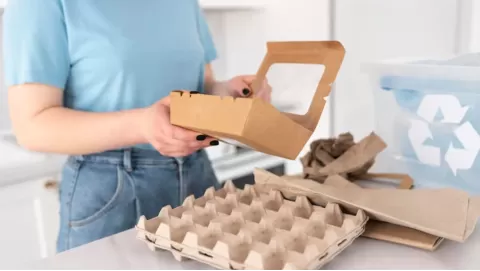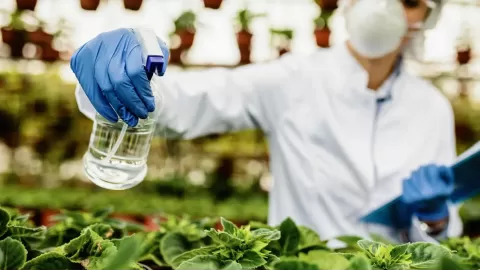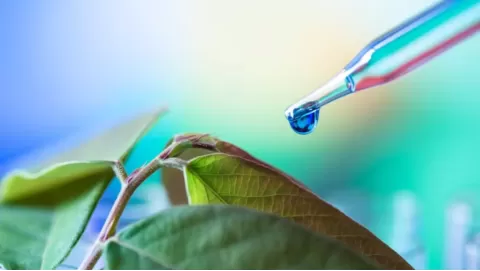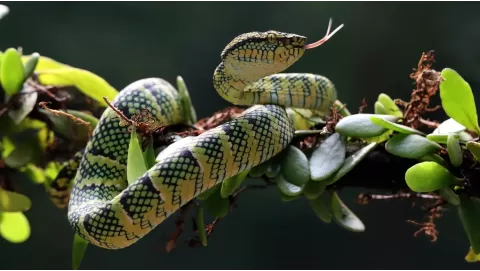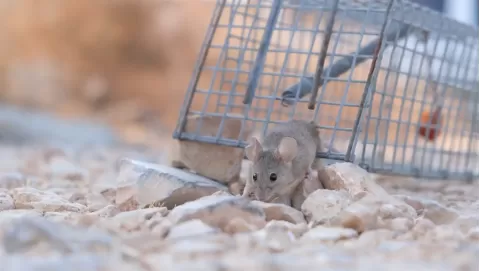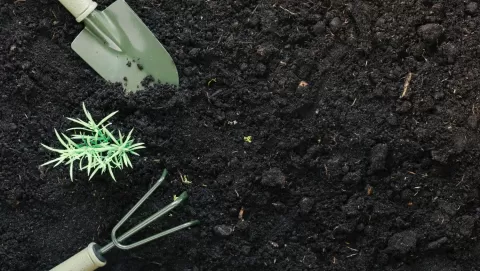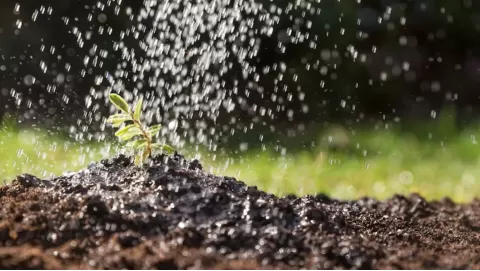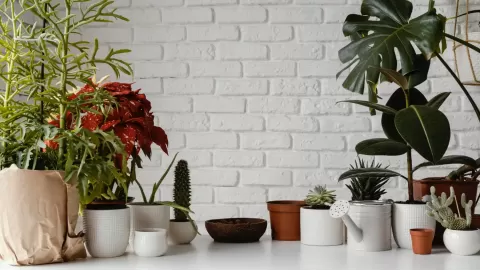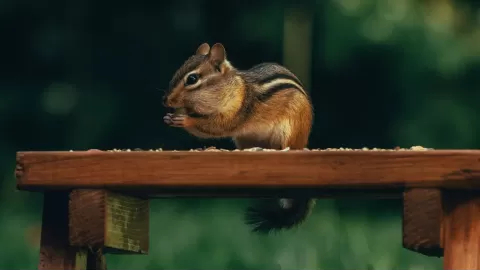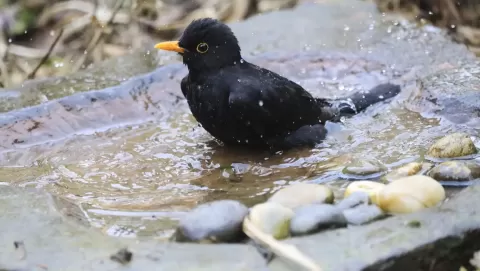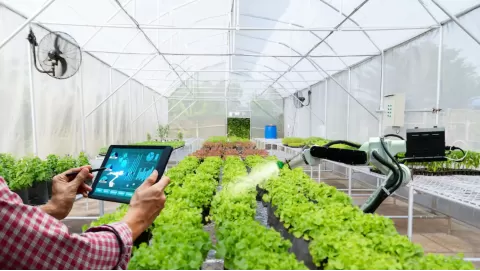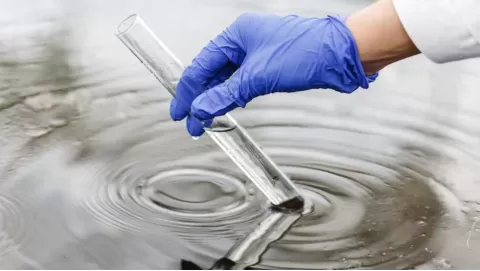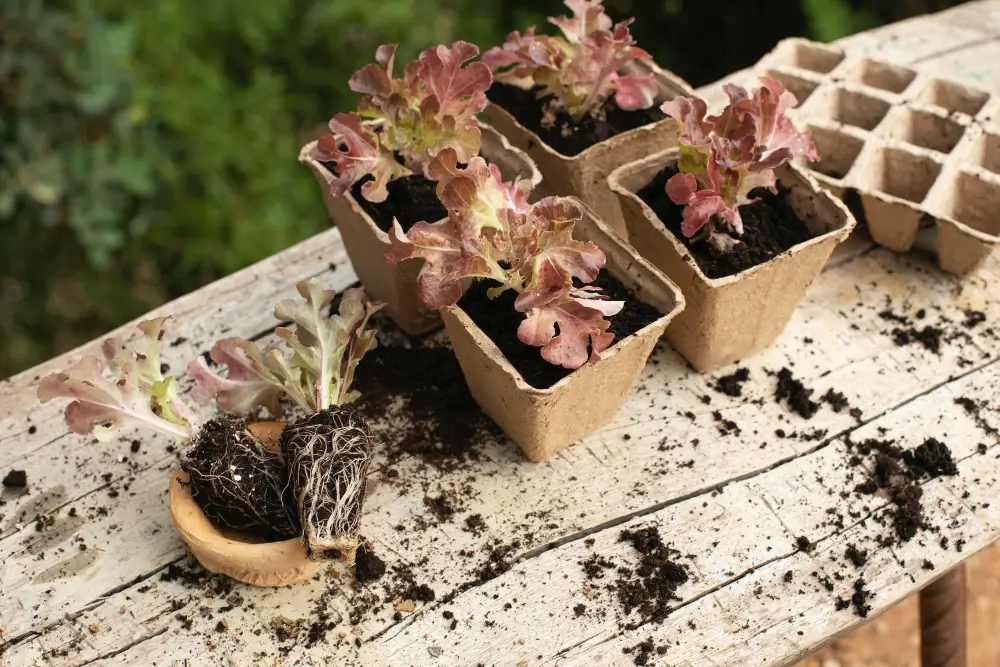
Innovative Uses of RAW Cones for Seed Starting and Planting
Gardening has been practiced for a long time as it helps provide fresh food and brings peace to the beauty of nature. A growing number of individuals are seeking to engage in eco-friendly gardening practices, leading to the rise in popularity of innovative techniques.
One of these methods uses raw cones. These cones have basic characteristics which help in the growth of plants, making them suitable for use in planting and enhancing the overall growth of seeds.
Raw cones come from different types of trees, and these cones are good for all types of gardeners. They help the soil by allowing air and water to flow better. This facilitates the sprouting of seeds. They can aid in reducing the likelihood of illnesses and pests in the soil.
This means young plants can grow in a healthier environment. It helps reduce waste because these natural materials are reusable. This way, gardening can be more sustainable. Regardless of skill level, this method can help all gardeners improve their care for their plants and gardens.
Gardening needs the right tools and equipment for success. Growcycle offers many products for all types of gardeners. One highlight is the range of raw cones. These cones are chosen carefully to fit the needs of different gardeners. There are choices for different gardening types; therefore, they are not the same for everyone.
Beginners can find cones for their first plants, while experienced gardeners can choose cones that help improve their skills. Each cone helps plants grow well and is a helpful tool for any gardener. Growcycle focuses on quality and new ideas, ensuring every product supports the gardening journey.
The Innovative Use of Raw Cones for Seed Starting
Using raw cones to start seeds is a new and smart method. Raw cones help seeds grow by keeping moisture and providing nutrients as they break down. This gradual release of nutrients helps when young plants most need it. The shape of the cones also allows air to flow well. This helps stop the soil from getting too packed and supports healthier roots.
Working of Raw Cones
Start by picking fresh raw cones. Make sure there are no diseases or pests on them. If needed, thoroughly wash the cones. Next, fill each cone with a good seed starting mix. Make sure there is enough drainage. Plant the seeds at the right depth for each type. Water them gently so the seeds stay in place.
When the seeds start growing, plant the cones directly in the garden or bigger pots. In this way, the young plants may adapt to their new surroundings without damaging their roots. This method supports sustainable gardening and improves success in starting seeds.
How to Use Raw Cones to Flourish Gardens?
After placing the seeds inside the raw cones and the seeds start to grow, it's time to put them in the garden. Prepare the garden beds by turning over the soil and adding compost. This can help make the soil richer in nutrients.
When planting, place the raw cones in important places in the garden. They can be placed in straight lines or dispersed across the beds to create a layer of natural mulch. As the cones break down, they will add nutrients to the soil, improve its structure, and help retain moisture, which makes plants healthier. Adding coffee grounds or compost around the cones can create a rich nutrient base.
It is crucial to routinely check the soil's moisture content. Although the cones will help preserve water, periods of drought may require more frequent irrigation.
Benefits of Using Raw Cones in Gardening
The following are a few benefits of using raw cones for gardening purposes:
Sustainability
Raw cones come from nature, which makes them good for the environment. They break down independently, helping the soil stay healthy as they decay. Less waste goes to landfills, keeping the earth clean and supporting gardening.
Convenience
Raw cones make planting easier. They are great for people new to gardening. With raw cones, there is no need to take the seedling out of a pot. This means the tiny roots stay safe. Keeping roots safe helps plants grow strong. Raw cones provide a simple way to start gardening successfully.
Versatility
Raw cones are excellent for various plants, such as flowers, vegetables, and herbs. They fit into different gardening spaces, and are useful in big gardens or on small balconies in towns.
Applications of Raw Cones
Following are a few applications of raw cones:
Indoor Seed Starting
Raw cones are great for starting seeds inside when the weather is cold. They help seeds grow strong in a safe place. When the weather gets warmer, take the seedlings outside. They can be planted in the garden easily.
Container Gardening
Raw cones are a handy choice for small spaces. They fit easily in bigger containers or can go straight into garden beds, making them an excellent choice for urban gardeners.
Community Gardens
Raw cones help in community gardens. They make planting easier for everyone, meaning less work and better results. They also support eco-friendly practices, so all gardeners can take part in protecting the environment while planting together.
Herb Gardens
Using raw cones makes growing herbs like parsley, mint, and basil simple. These herbs have small roots, which fit nicely inside the cones. This makes it simple to start growing them. Raw cones help hold moisture and provide nutrients, which is good for herbs as they grow.
Tips for Using Raw Cones
Gardeners must keep these guidelines in mind when planning to go with the raw cones gardening technique:
Choosing the Right Soil
For filling raw cones, a soil mix that is light and drains easily is ideal. This mix helps seedlings grow healthier. It gives important nutrients. The right soil structure is also needed. Good drainage keeps roots safe and prevents water from sitting too long.
Monitoring Moisture Levels
Check the moisture levels in the soil of raw cones. The soil needs to stay moist but not too wet. Too much water can cause root rot. Keeping the right balance helps seedlings grow healthy.
FAQs
Can I use Raw cones for all types of plants?
Raw cones can be used for many types of plants. This includes herbs, vegetables, and flowers. The size of the cone matters. It should fit the roots of the plant well. Choosing the right size helps the plant grow strong.
How long do Raw cones take to decompose?
Raw cones break down at different speeds. This speed depends on the soil and the weather. They usually begin to decompose in a few weeks. Complete decomposition may take several months.
Are Raw cones safe for the environment?
Natural materials are the source of raw cones. They decompose readily in the ground. This indicates that they don't damage the ecosystem. They are an excellent option for gardening because they are non-toxic and safe.
The Bottom Line
Raw cones provide a natural and green choice for gardeners. These cones make planting easier, and help seedlings grow better. Using these biodegradable cones supports healthy roots and adds nutrients to the soil. They fit well with different gardening styles.
Growcycle's raw cones are designed to be strong and flexible. They work well for many types of gardening, both inside and outside. Gardeners can transplant young plants with ease using these cones by protecting their roots. This helps the plants grow healthier and stronger. They make the process simple and safe for the plants.
Disclaimer: This material is for informational purposes only and should not be relied on for legal, medical, financial, or any other form of professional advice.


